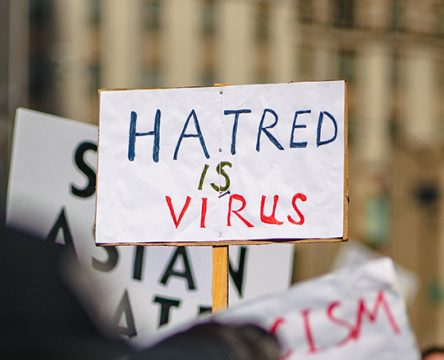This report, the second in a three-part series of hate crime reports produced by the Human Dignity Trust, evaluates empirical evidence that shows anti-LGBT hate crimes remain pervasive throughout Commonwealth jurisdictions.
Every year, millions of people across the Commonwealth suffer physical, sexual and psychological abuse and violence on account of their real or perceived sexual orientation, gender identity or expression. Some common examples include murders, mutilation and torture, physical and sexual assaults, threats of violence, arson, and malicious destruction of property. Criminal offences that are motivated by, or which demonstrate, hate or prejudice towards the victim based on the victim’s perceived sexual orientation, gender identity or expression are called ‘hate crimes’. They are frequently perpetrated by state and non-state actors, and have been characterised as both a local and global phenomenon that occurs at home, in educational institutions, in public, online, as well as in national and even international contexts.
The report is split into four sections. The first outlines the methodology and approach of this report, and sets out the legal and social context in which hate crimes are committed against LGBT people. The second assesses the extent and nature of anti-LGBT hate crimes, exploring trends across the Commonwealth and surveying regional and country-specific case examples. Information on the perpetrators of anti-LGBT victimisation is also outlined. The third examines the impacts that anti-LGBT hate crimes have on individuals, communities and society. Commonalities and differences in experiences across different sectors of LGBT communities are described. The fourth concludes with recommendations on how Commonwealth states should legislate against anti-LGBT hate crime, and why statutory agencies must implement monitoring tools to ensure that anti-LGBT victimisation becomes visible and is measured.
Download the report



